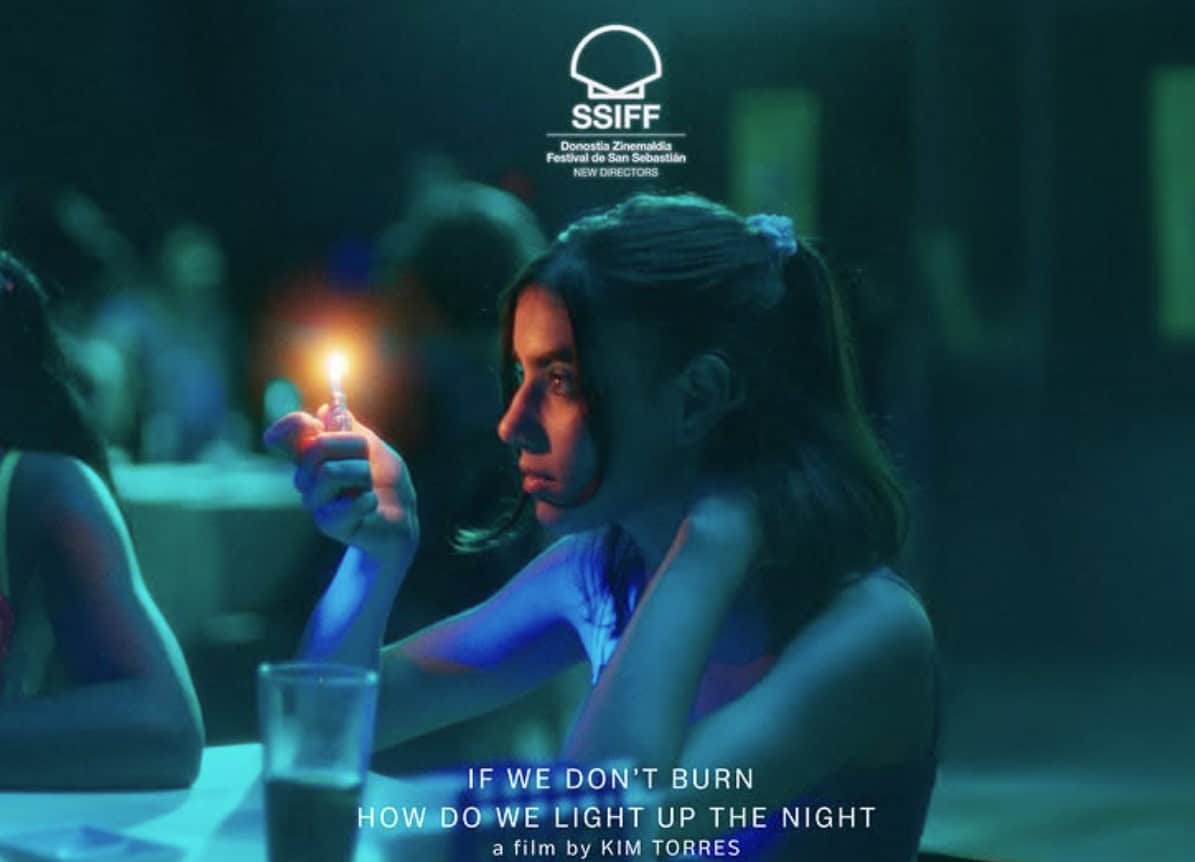Kim Torres, a filmmaker raised in Costa Rica, steps into the spotlight with her first full-length movie, “If We Don’t Burn, How Do We Light Up the Night.” The film premieres today at the San Sebastian International Film Festival in Spain, marking a key moment for Costa Rican cinema on the global stage.
Born in the United States to a Cuban-Costa Rican family, Torres grew up in Costa Rica and studied audiovisual production at the University of Costa Rica. Her work often draws from personal roots, blending everyday life with hints of the mysterious.
The story follows 13-year-old Laura as she settles into a small coastal town surrounded by thick forests and palm plantations. What starts as an adjustment to a new family and setting turns darker when Laura uncovers hidden dangers threatening the women around her.
Torres pulls from her own early years in rural Costa Rica, where she first noticed underlying tensions in seemingly peaceful communities. She describes the film as capturing that shift into awareness of broader issues, like the quiet presence of violence in Latin American life.
Torres built her reputation through short films that caught attention at major festivals. Her 2022 short “Night Light” made history as the first Costa Rican entry nominated for a Palme d’Or at Cannes. Other projects, like “Suncatcher” in 2021 and “The Moon Will Contain Us” in 2023, screened at places such as the New York Film Festival, Locarno, and Mar del Plata. These earlier works share themes with her debut, focusing on young people navigating identity and place, often with a touch of the unreal.
For this feature, Torres teamed up with producers from Costa Rica’s Noche Negra Producciones, Mexico’s Tropical Films, and France’s Les Films du Clan. The script, co-written with Luisa Mora Fernández, runs about 88 minutes and speaks Spanish.
Casting brought in a mix of experienced actors like Teresa Sánchez and newcomers, including non-professional young performers found through local searches. Kim Picado handled casting and coached the younger cast members.
The project gained traction through development labs, including La Fabrique Cinéma and Cinéma de Demain at Cannes, plus TorinoFilmLab and WIP Latam at San Sebastian. Paris-based Urban Sales picked it up for international distribution ahead of the premiere, signaling strong interest from buyers. A trailer dropped recently, giving a glimpse into the film’s moody atmosphere and tense build-up.
Set in Manzanillo on Costa Rica’s Caribbean coast, the movie highlights local landscapes that many visitors know from trips to the area. Torres uses these familiar settings to tell a story about teens sharing tales and facing a looming crisis, as they imagine ways to reshape their world. It’s a coming-of-age tale that touches on awakening to harsh realities, wrapped in a style that feels both grounded and slightly otherworldly.
Torres has also worked as a screenwriter for Netflix series and other formats, showing her range beyond directing. In 2022, she served as a guest artist at CalArts, and she joined programs like Berlinale Talents in 2023 and Locarno’s Filmmakers Academy in 2024. Her path reflects growing opportunities for Central American voices in film, especially from Costa Rica, where support for shorts and features continues to expand.
For those us living in or visiting Costa Rica, Torres’ film offers a fresh take on our country’s quieter corners, away from the beaches and volcanoes that draw crowds. It spotlights the talent emerging from local scenes, potentially opening doors for more stories from the region.
As the festival unfolds, eyes turn to how audiences respond to this debut, which balances intimate drama with broader commentary on life in Latin America
The movie runs 88 minutes and competes in the New Directors section at San Sebastian. With its premiere today, Torres joins a wave of filmmakers putting Costa Rica on the map for international cinema.






